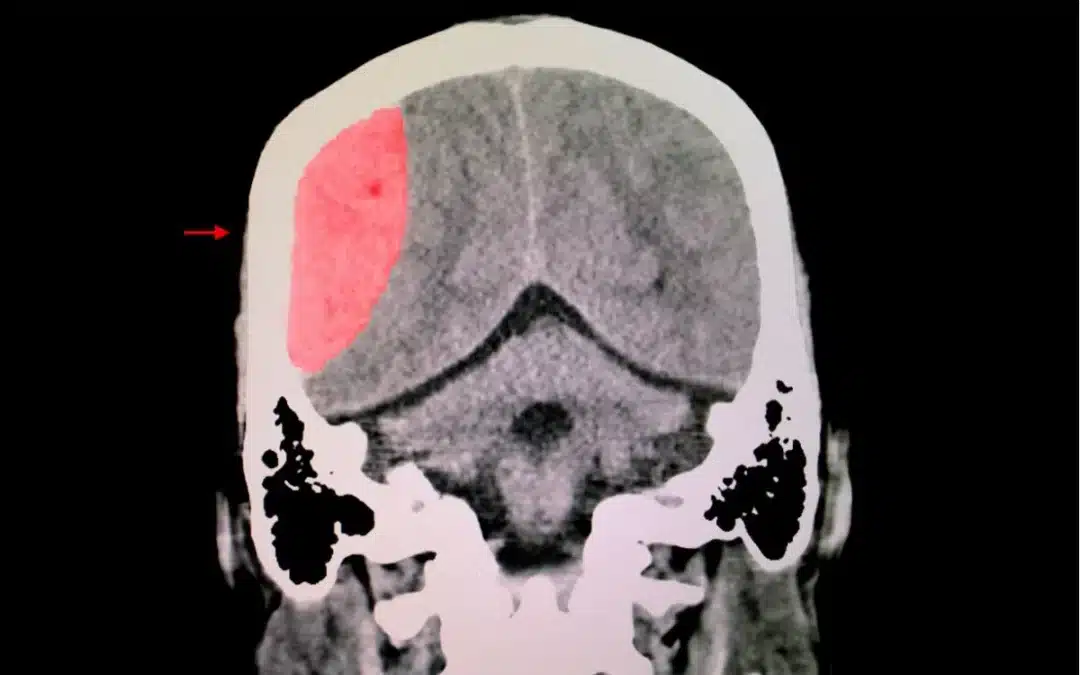In recent years, there has been growing interest in the potential of Hyperbaric Oxygen Therapy (HBOT) as a treatment for conditions like traumatic brain injury (TBI) and post-traumatic stress disorder (PTSD). A recent study sheds light on the promising results of HBOT in the context of blast-induced mild to moderate TBI and post-concussion syndrome (PCS) accompanied by PTSD.
The Study
The study focused on 16 military subjects who had experienced chronic blast-induced mild to moderate TBI and were dealing with the challenges of PCS and PTSD. These brave individuals underwent a treatment regimen involving 40 sessions of HBOT at 1.5 atmospheres absolute (ATA) over the course of 30 days.
Before and after the treatment, the participants were subjected to a battery of assessments, including symptom surveys, physical and neurological examinations, neuropsychological testing, and Single Photon Emission Computed Tomography (SPECT) brain imaging. These evaluations aimed to provide a comprehensive view of their condition and measure any changes resulting from the HBOT sessions.
Positive Outcomes
The findings of the study were encouraging. Not only was HBOT proven to be safe for the participants, but it also led to significant improvements in various aspects of their health and well-being. Here’s a breakdown of the positive outcomes:
- Symptom Improvement: Participants reported notable improvements in their symptoms, which included headaches, dizziness, fatigue, difficulty concentrating, and memory problems.
- Neurological Findings: The participants displayed a range of neurological abnormalities before treatment, including abnormal reflexes, balance issues, and coordination problems. After the HBOT sessions, these findings showed improvement.
- Cognitive Enhancements: Neuropsychological testing revealed substantial advancements in attention, memory, processing speed, and executive functioning following HBOT treatment. This suggests that HBOT can have a positive impact on cognitive abilities.
- Brain Blood Flow: SPECT brain imaging played a crucial role in this study, showing significant improvements in brain blood flow after the HBOT sessions. Enhanced blood flow to the brain is often associated with better cognitive function and overall brain health.
The Road Ahead
The results of this study are indeed promising, indicating that HBOT could be a viable treatment option for individuals dealing with blast-induced PCS and PTSD. However, it’s important to note that this was a relatively small study with 16 male participants, and more research is needed to validate these findings on a larger scale.
In summary, HBOT offers a ray of hope for those who have faced the challenges of traumatic brain injury and PTSD. As further research unfolds, we may gain even deeper insights into the potential of HBOT as a therapeutic tool to enhance the lives of those affected by these conditions.
Source
Harch, P. (2012, January 1). A Phase I Study of Low-Pressure Hyperbaric Oxygen Therapy for Blast-Induced Post-Concussion Syndrome and Post-Traumatic Stress Disorder. Journal of Neurotrauma. https://www.liebertpub.com/doi/pdf/10.1089/neu.2011.189

